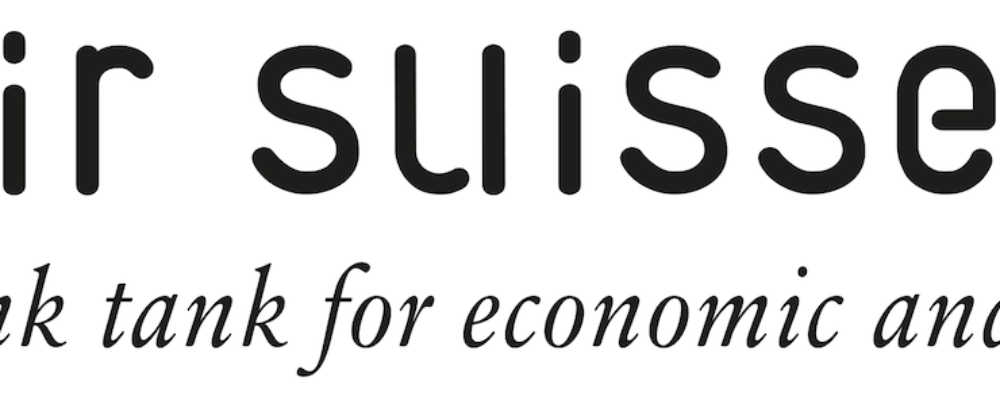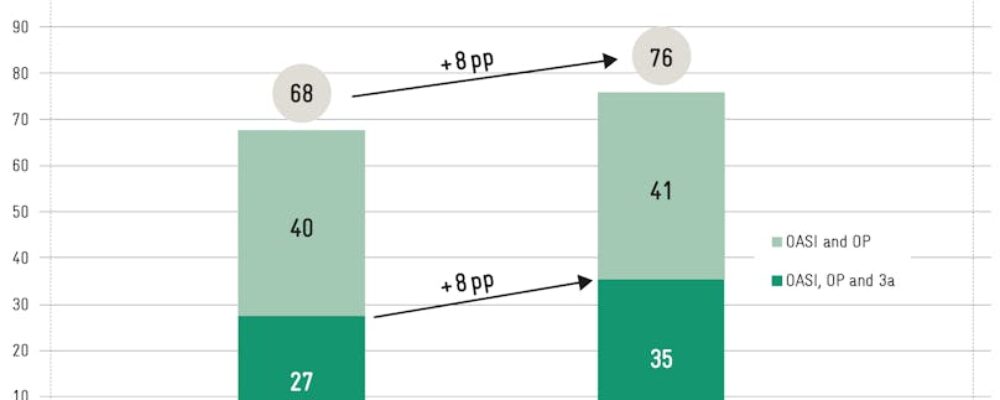On September 15, we mark the International Day of Democracy—at a time when democratic values are under pressure in many places. A look at the United States makes that plain.
In Switzerland, we often feel like we live on an island of stability. In fact, our democracy is quite resilient thanks to its political institutions. Yet, concern is growing here as well over hardened divides: our consensus democracy relies on constructive dialogue across ideological lines. The more polarized society becomes, the harder that dialogue gets.
COVID-19 or immigration divide society
Polarization appears on two levels: political and emotional. Political polarization describes how far apart parties and voters are in terms of content or ideology. In Switzerland’s multi-party system, this form is pronounced and has increased since the turn of the millennium: the Social Democratic Party of Switzerland (SP) and the Swiss People’s Party (SVP), as polar parties, have gained influence, while centrist parties have weakened. This is not necessarily problematic, as it reflects political diversity.
More troubling is so-called ’emotional polarization’ or ‘affective polarization’: when people no longer see each other as political opponents, but as enemies to be defeated. Simple disagreements harden into an ‘us versus them’.
Recent research found that emotional polarization in Switzerland has remained largely stable over the past two decades. Still, there are warning signs: on issues such as pandemic measures or immigration, opinions are sharply divided, and antipathy toward those with different views is particularly strong. Surveys reflect this: 83% of the population believes that social cohesion has declined over the past ten years.
Engage across differences
So what can we do to ensure our consensus democracy keeps delivering solutions to the major challenges of our time? Two points matter above all:
First, strengthen political institutions that foster fact-based discourse. Often cited are the militia system and, of course, direct democracy. Equally important – though mentioned less often – is federalism: many decisions are made at the cantonal and municipal levels, asclose to the citizens as possible. This proximity encourages pragmatic solutions and facilitates issue-focused debates. Therefore, responsibilities among the federal government, cantons, and municipalities should be reviewed regularly and, whenever possible, devolved to the most local level.
Second, create spaces to encounter other perspectives. Emotional polarization tempts us to retreat into our own bubbles. That may be comfortable, but it harms our democracy. Democracy thrives when people from different backgrounds meet — in clubs, associations, in schools, during military service or militia roles. From my own experience as a municipal councilor in St. Ursen, I can confirm this.
Ultimately, we are all called upon. If we want to curb polarization, we must start with ourselves. Encouragingly, 76% of Swiss citizens recently indicated in a survey that, in their view, it is worthwhile to engage with people who hold very different political views. That gives hope — because our democracy flourishes when we seek dialogue and find sustainable solutions together.
This article appeared in the ‘Freiburger Nachrichten’ on September 2, 2025.





